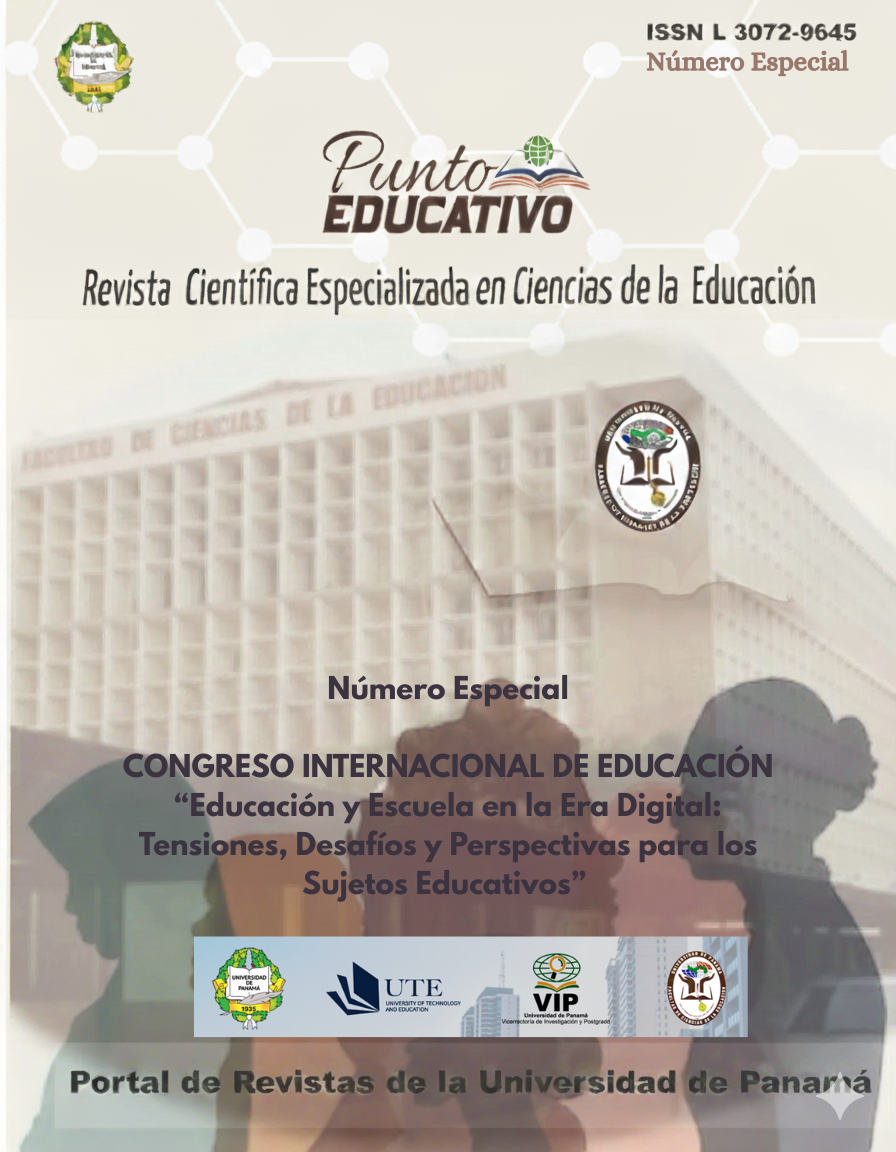

Copyright (c) 2025 Punto educativo

This work is licensed under a Creative Commons Attribution-NonCommercial-ShareAlike 4.0 International License.
For a long time, governments have carried out various policies to meet the needs of their citizens. In Colombia, with the aim of modernizing public management and improving each of its processes, public policies have been established by the government. These initiatives involve the active participation of government, industry and education.
These initiatives involve the active participation of government, industry and education.
Rural education, in particular, is positioned as a fundamental axis in this transformation, as it seeks to train citizens with technological competencies and transversal skills that allow them to adapt to different global advances. The dizzying scientific and technological advances demand constant updating to prevent existing gaps from widening, especially in historically marginalized sectors such as rural education. The implementation of public policies in remote areas faces unique challenges, as the lack of infrastructure, connectivity and resources limits access to essential tools and knowledge.
This documentary review tries to observe how public policies, education and the appropriation of ICT interact to contribute to the social and economic development of the Colombian state. Through an exhaustive observation of the existing literature, we seek to identify the main barriers that hinder the successful implementation of these policies in the Colombian rural context.